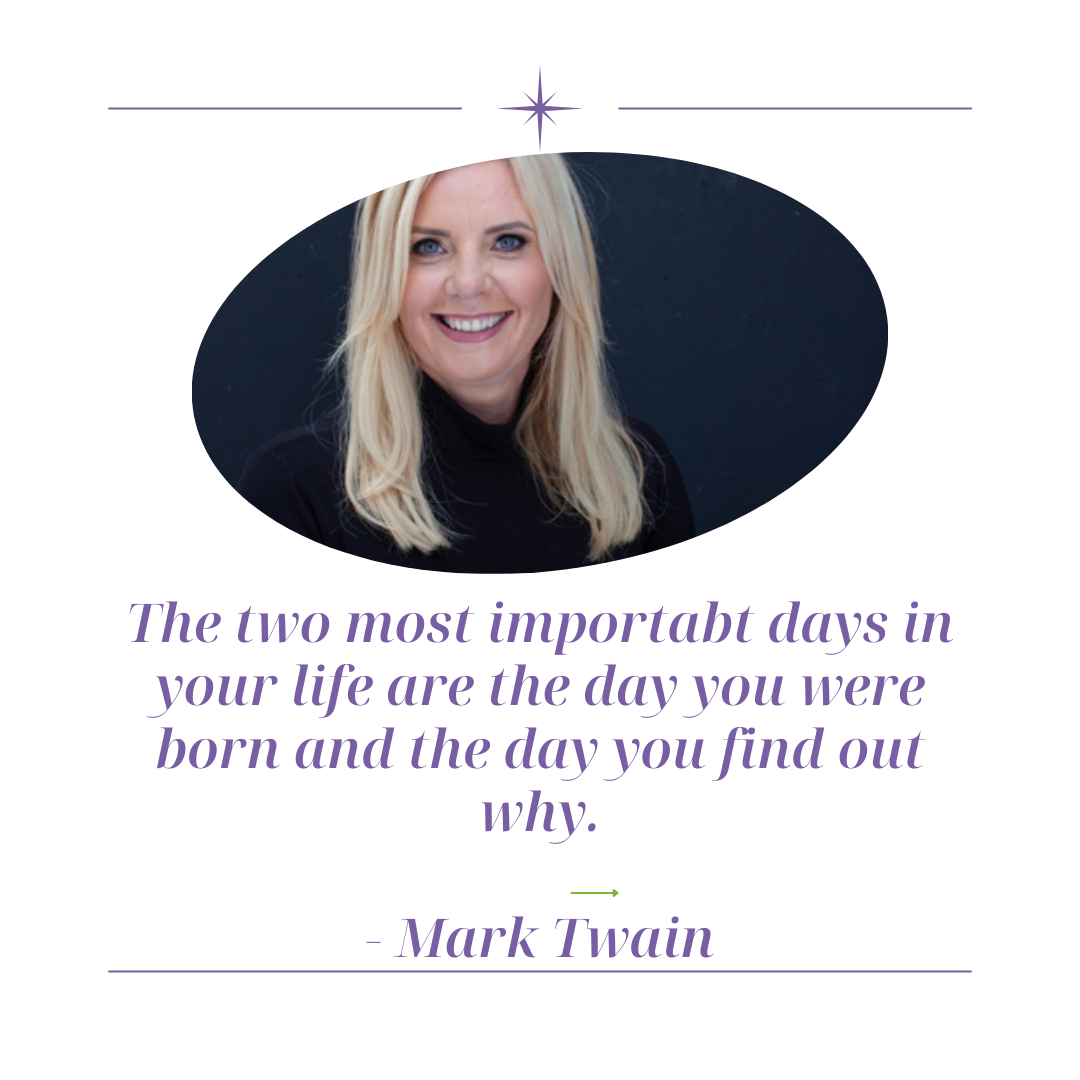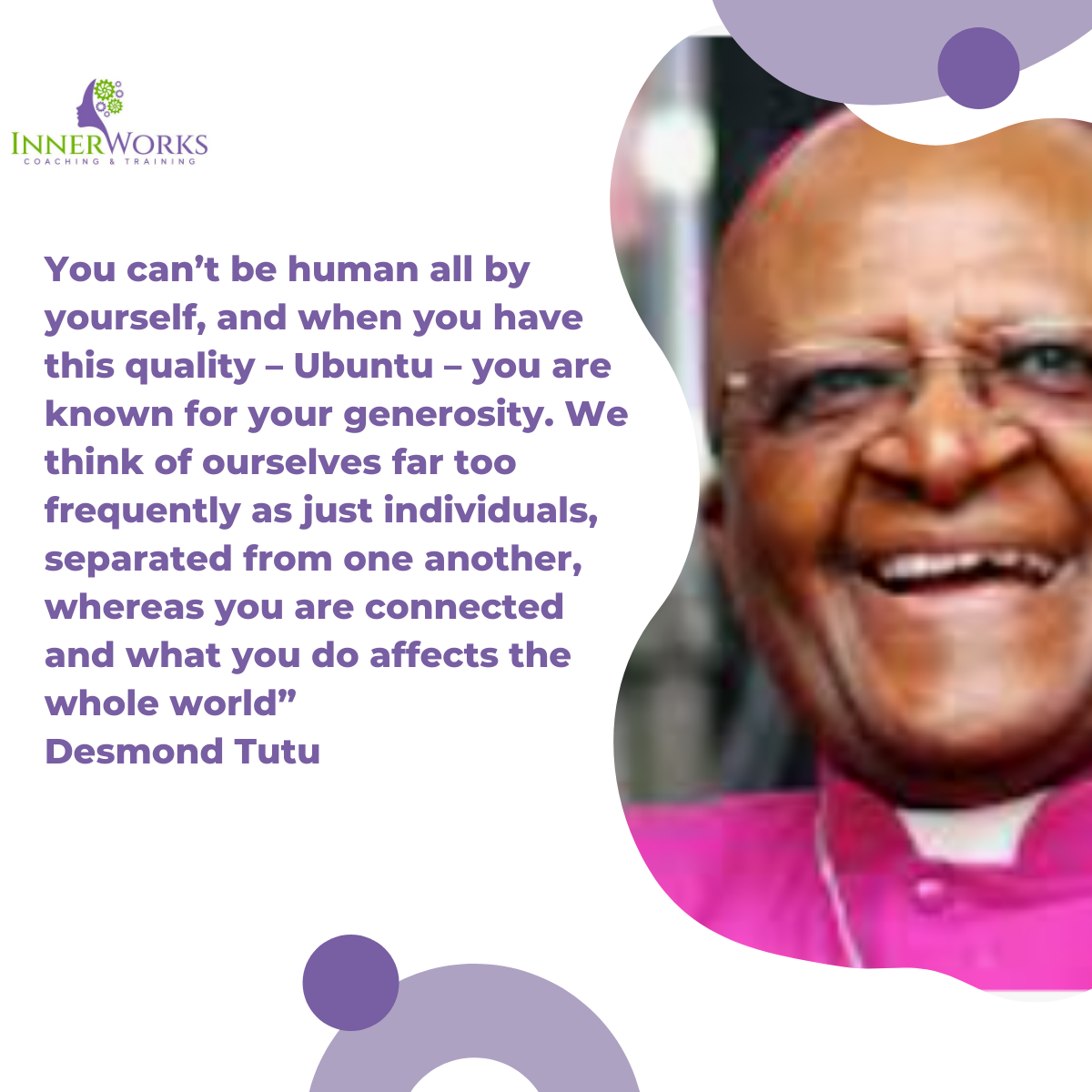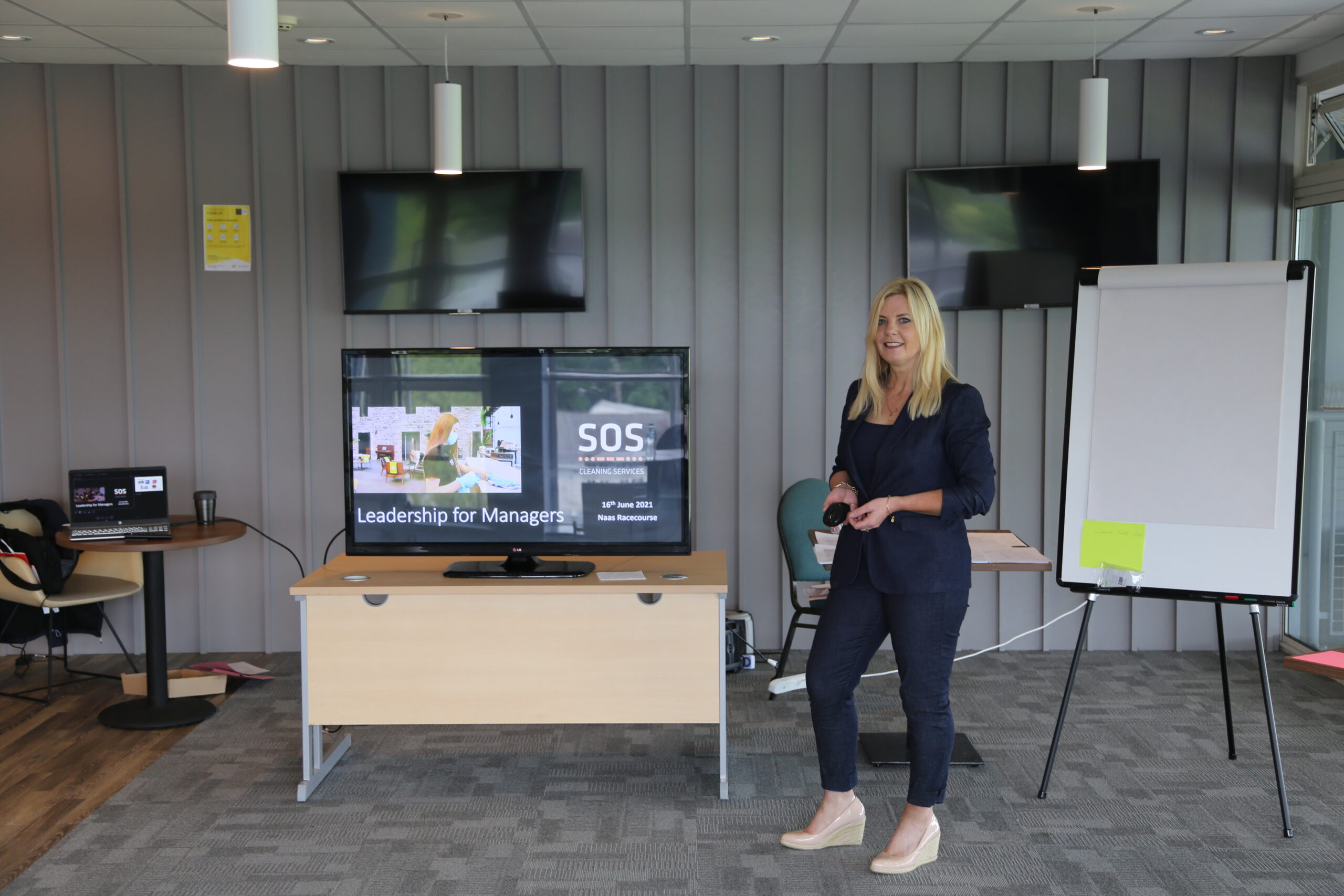Workplace Mediation Explained
The quality of our workplace relationships has a significant impact on our well-being. We spend a large portion of our waking hours at work interacting with others with whom we may not always agree or get along with. Workplace conflict can occur across a wide set of circumstances ranging from an everyday difference of opinion to serious incidents of bullying or harassment.
Not all conflict is necessarily negative, particularly when approached positively and in a well- informed way. However, if not addressed or managed well, even the everyday disagreements between people can fester and escalate. Unfortunately, this is not an uncommon experience as over a third of employees report having experienced some form of interpersonal conflict, either an isolated dispute or ongoing difficult relationship within a 12-month period.
This is in keeping with widespread research which indicates that managers spend at least a third of their time managing conflict.
A constructive working environment and positive relationships can greatly enhance our experience of work and because conflict is inevitable, effective conflict management must be part of this. One of the most effective tools available to address workplace conflict is mediation. It provides an informal and private way of helping to address conflict in a way that deescalates the situation, while at the same time providing solutions designed to benefit all parties involved.
Mediation is an alternative to the formal grievance procedures and litigation which can become part of the problem rather than a solution. These formal procedures can quickly become inflammatory as they are used to assess blame and or one-sided solutions that can leave underlying issues unresolved and one party feeling continually aggrieved. Sometimes the negative impact of conflict can have a lasting effect on individuals and teams and have significant financial consequences for a business. Many people who are involved in workplace conflict recount the serious impact it has on their lives, including stress, demotivation, division, lack of self-confidence, increase in sickness and absenteeism and blame.
Forward thinking businesses have realised that investing in informal disputes resolution such as mediation, can save them time, money and the retention of a positive trust-based culture. For individuals, mediation offers them an opportunity to come to solutions that address the real causes of conflict, are respectful and person centred and enable them to explore and choose their own solution rather than having one imposed.
- Workplace mediation can address conflict arising from:
- Personality clashes
- Perceptions of unacceptable behaviour
- Different expectations of management Communication problems
- Allegations of harassment, bullying, and discrimination
- Re-organisation or change management difficulties

How The Process Works
The typical mediation process will involve several steps:
- Mediation is typically proposed by the employer’s HR manager or management equivalent.
- The details of the mediator(s) are provided to the parties for their consideration.
- A mediator is then appointed by the employer, once both parties are agreeable to attend mediation or to attend an information meeting to learn about the mediation process and to meet the mediator.
- The mediator engages in pre-mediation meetings online or in person, telephone conversations, and/or correspondence with each party. This enables the mediator to obtain a history of the conflict to date and gain an understanding of the perspective of each party. The mediator will also explain the process and ascertain the willingness of the parties and suitability of the dispute for mediation.
- Once the mediator has concluded that the dispute is suitable for mediation and the parties have agreed to participate, a date and venue is agreed upon. The venue is usually located off-site, normally in hotel meeting rooms which provide privacy and space for the parties.
- At the commencement of mediation, the mediator will ask the parties to sign the Agreement to Mediate.
- The mediation usually takes place over a half day or one full day, as required. However, more complex issues may require a longer period of mediation to enable agreement to be reached.
- Where agreement is reached, a verbal or written mediated agreement can be entered into by the parties. A written agreement is drawn up by the mediator (or by the parties’ solicitors if they are present) and signed by the parties involved.
- The mediated agreement may contain a clause to return to mediation to review the implementation of the agreement at a period to be determined by the parties.

Testimonials
Louise has been instrumental in motivating me to refocus on developing my new career as a mediator. As with many people COVID 19 interrupted my plans. Louise motivated me, energised me, and encouraged me which in turn showed me how to do this for myself. She showed me how to believe in myself and I will always be grateful to her for that. And if I need reminding of that going forward, I know I can count on her. Heartfelt thanks 🙏🌻
Anne LordanMediator
Louise has been instrumental in motivating me to refocus on developing my new career as a mediator. As with many people COVID 19 interrupted my plans. Louise motivated me, energised me, and encouraged me which in turn showed me how to do this for myself. She showed me how to believe in myself and I will always be grateful to her for that. And if I need reminding of that going forward, I know I can count on her. Heartfelt thanks 🙏🌻
Anne LordanMediator
Louise has been instrumental in motivating me to refocus on developing my new career as a mediator. As with many people COVID 19 interrupted my plans. Louise motivated me, energised me, and encouraged me which in turn showed me how to do this for myself. She showed me how to believe in myself and I will always be grateful to her for that. And if I need reminding of that going forward, I know I can count on her. Heartfelt thanks 🙏🌻
Anne Lordan Mediator
I recently completed the emotional intelligence coaching (ECR and ECR360) with Louise. For me this was an amazing experience, the highs and lows of what people think of you and your reaction to constructive criticism. Louise is a natural teacher and has the skill set to deliver and make you fully understand the benefits this course has to offer.
I would highly recommend this course and have taken a lot of the advice into my daily role as a leader.
Louise hope to work with you again soon.
Alan MolloyBusiness Development Manager
Louise recently delivered a mediation course which I took and she was excellent. I found her to be really engaging throughout the course which she made fun and interesting. I would highly recommend Louise as a lecturer and as a coach.
Amy ByrneMarketing Communications Advisor





